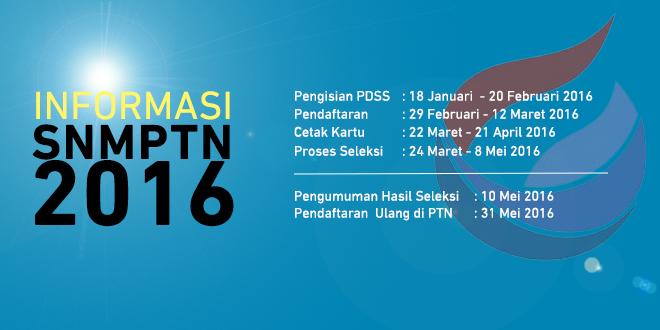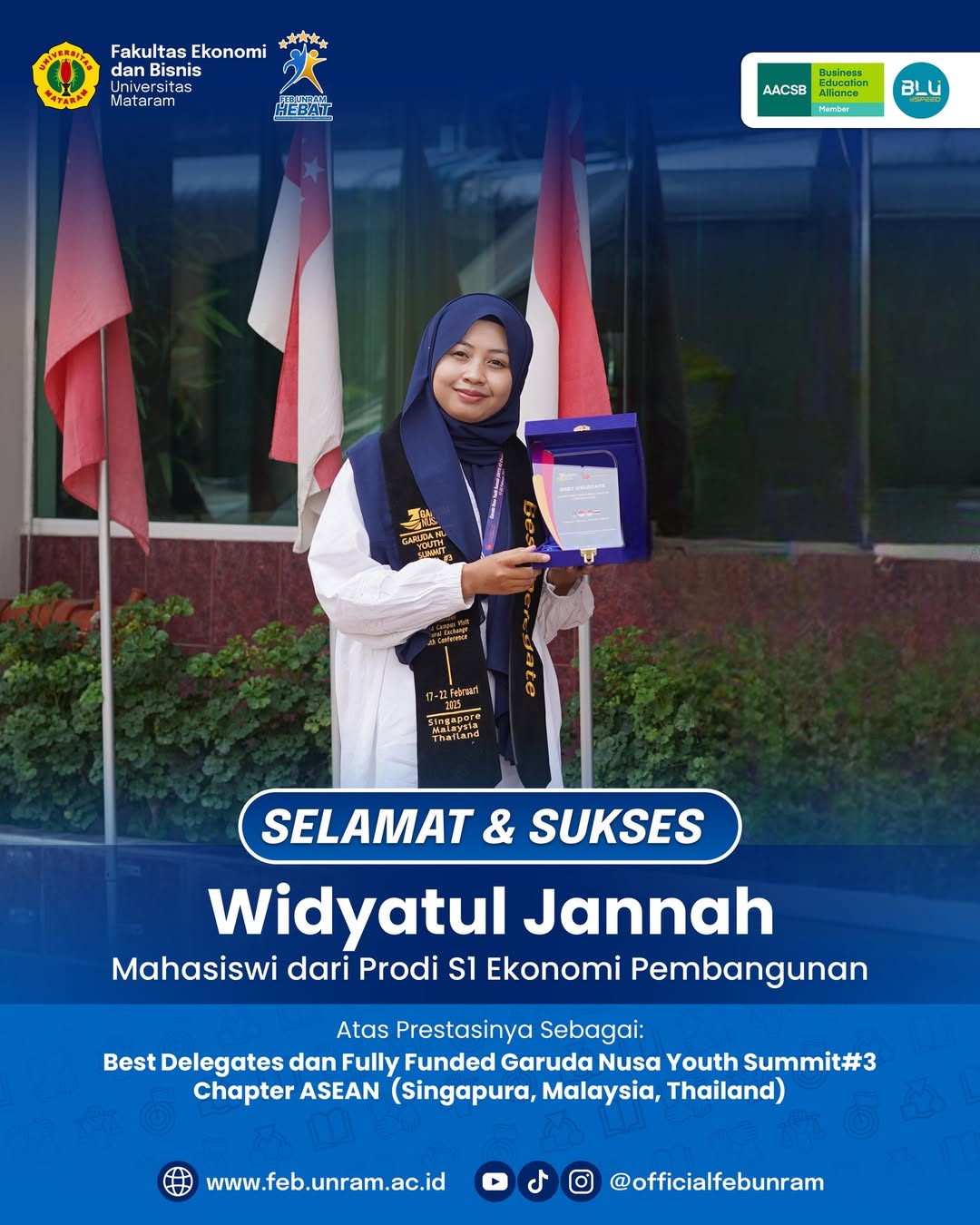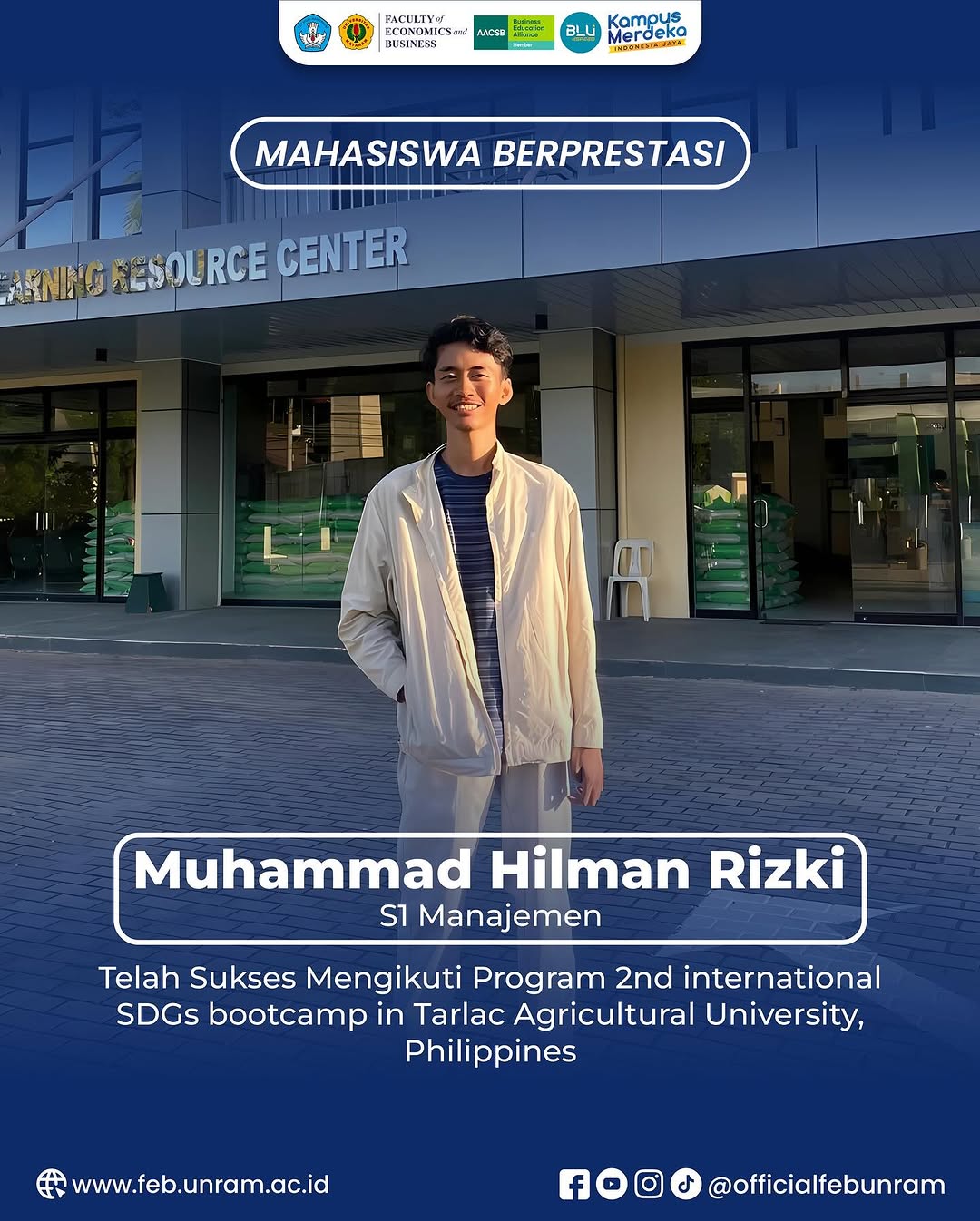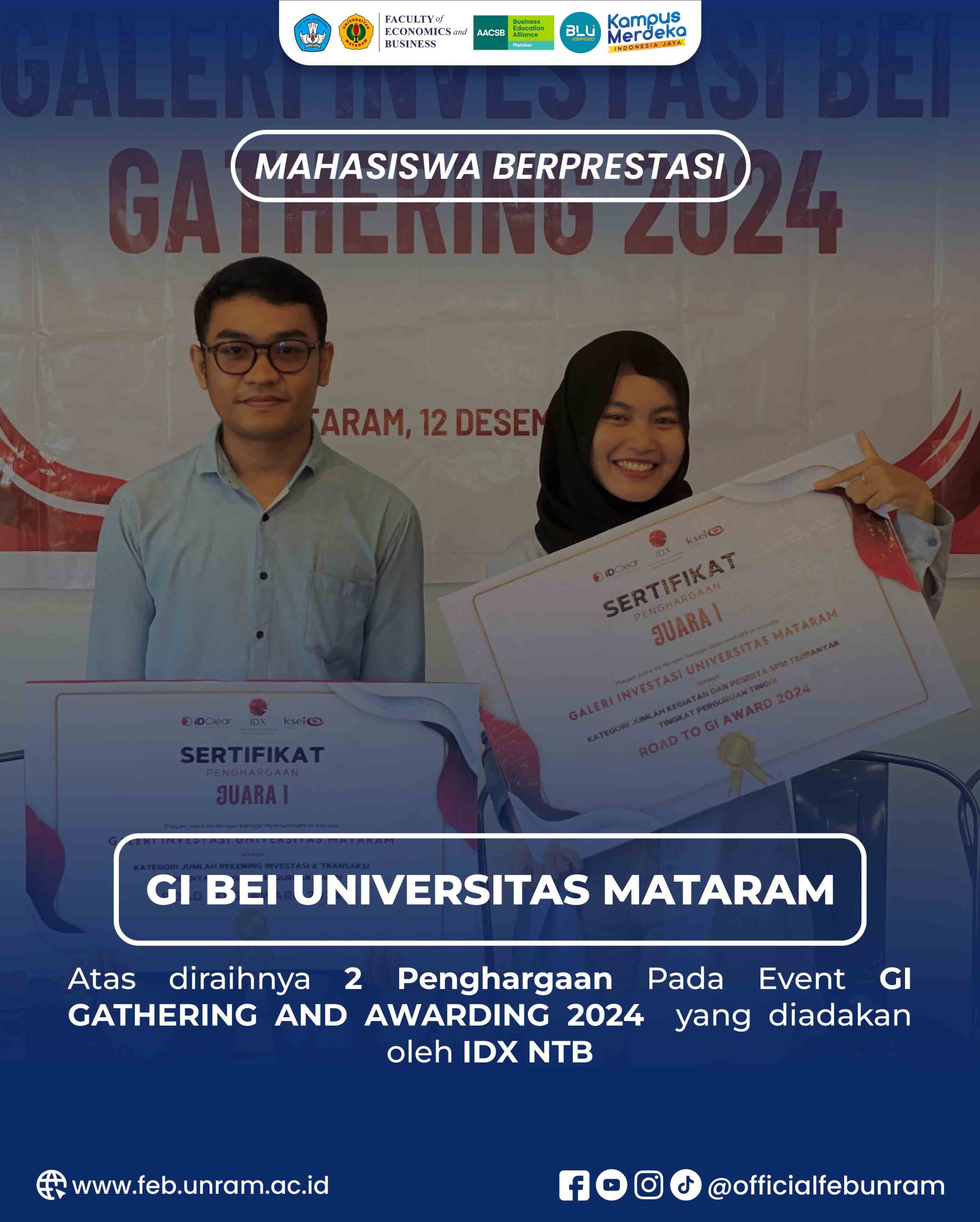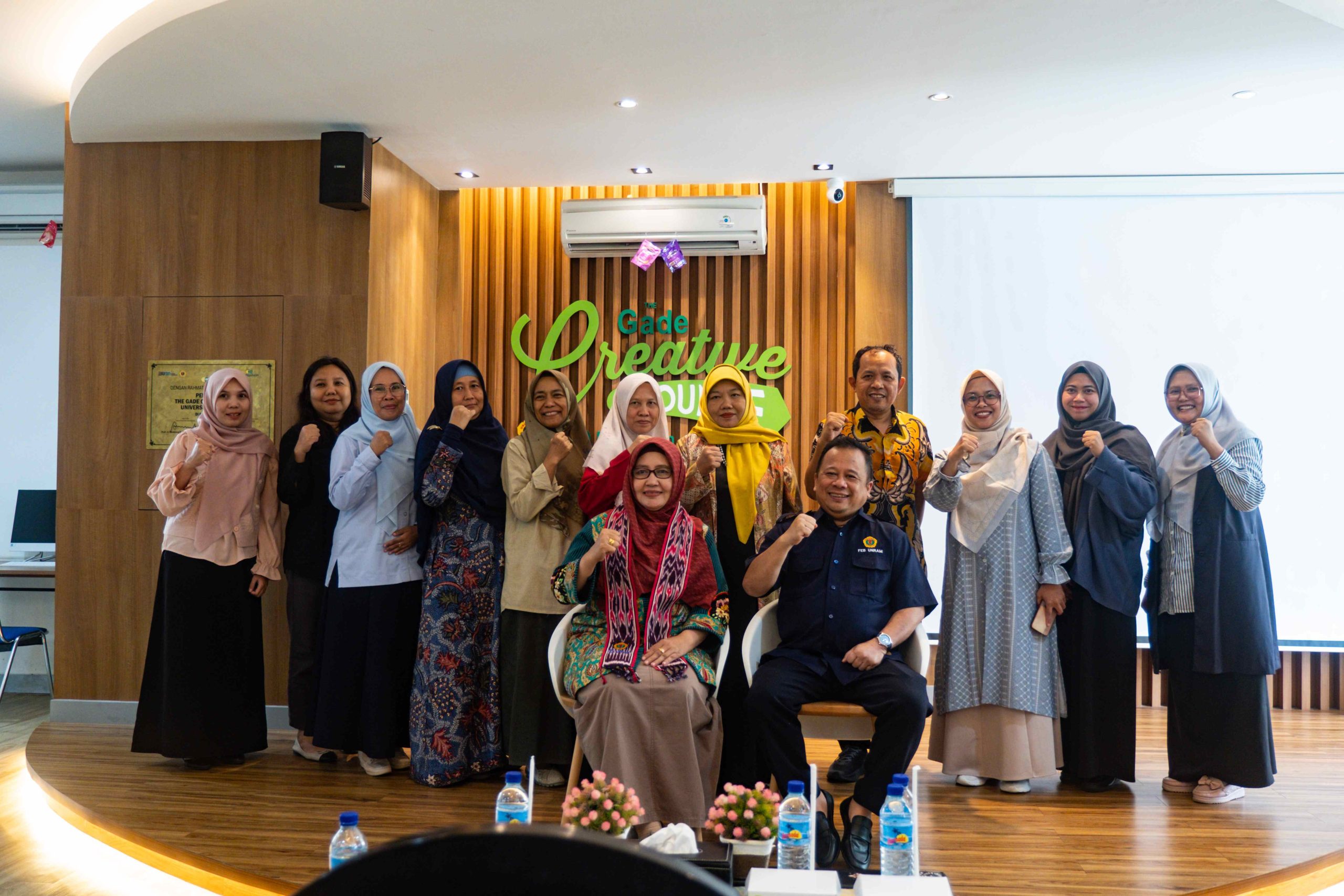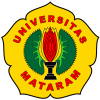FEB Unram Holds Workshop on SPMI Standard Reference Matrix Development to Enhance Academic Quality
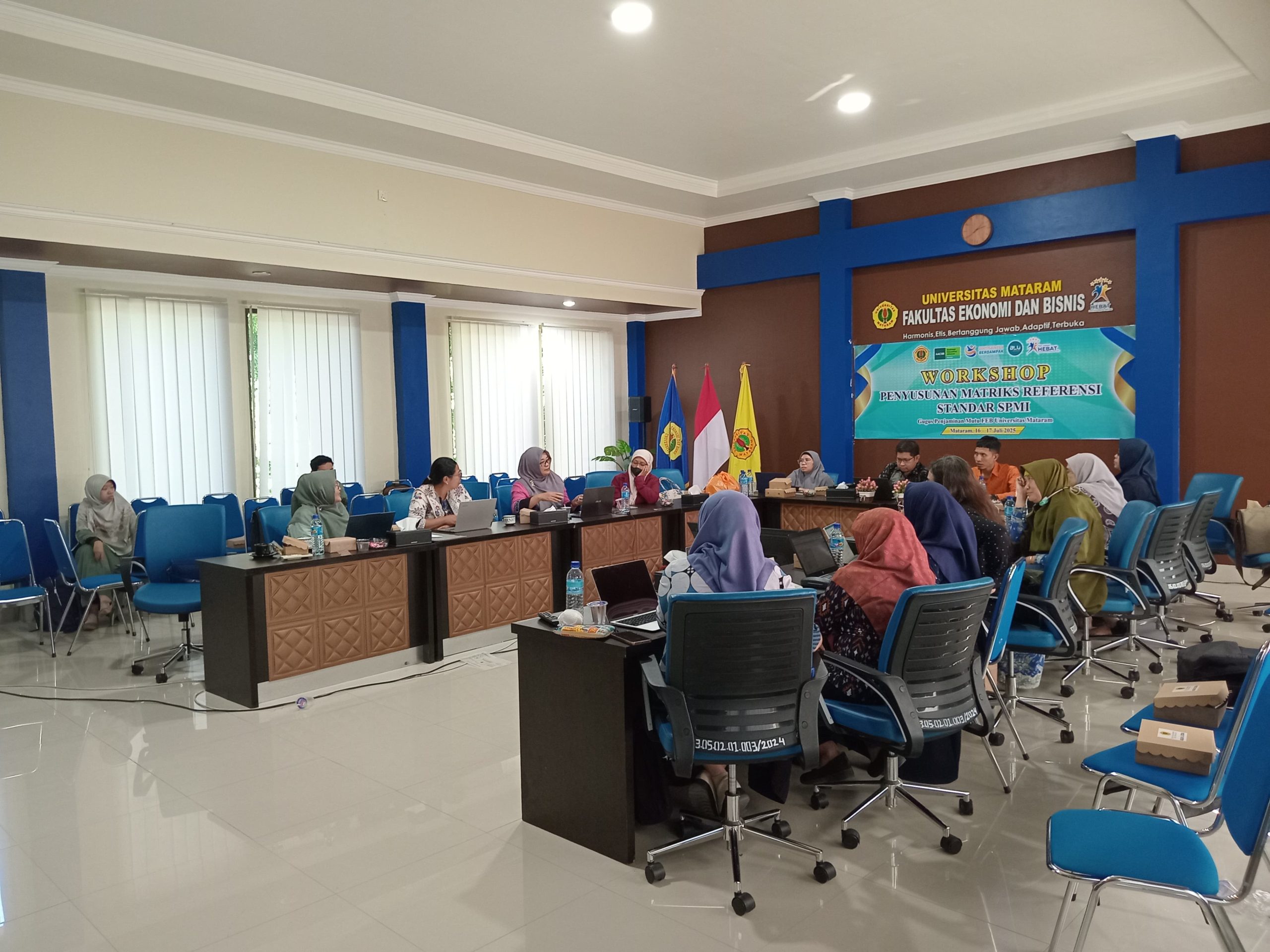
Mataram, July 17, 2025 — The Faculty of Economics and Business, University of Mataram (FEB Unram), through its Quality Assurance Unit (GPM), reaffirmed its commitment to enhancing academic quality and governance by organizing a Workshop on the Development of the SPMI (Internal Quality Assurance System) Standard Reference Matrix. The event was held over two days, on July 16–17, 2025, at the Meeting Room, 2nd Floor, Building A, FEB Unram.
This workshop brought together key stakeholders from within FEB Unram, including faculty leadership, study program managers, lecturers, and guest speakers from the Institute for Research and Community Service (LPPM) of the University of Mataram. The primary goal was to strengthen the participants’ understanding and capabilities in drafting the standard reference matrix, which serves as a crucial guideline for quality assurance practices within the faculty.
In his opening remarks, the Dean of FEB Unram, Dr. Ihsan Ro’is, ST., M.Si., emphasized the strategic importance of aligning the development of the reference matrix with the implementation of national higher education standards. “Through this workshop, we hope each unit and study program can adopt a clear and standardized reference for implementing SPMI, thus ensuring sustainable and consistent academic quality,” he stated.
The sessions were led by resource persons from LPPM Unram, who provided in-depth discussions on the technical and substantive aspects of the matrix preparation. This included the integration of National Higher Education Standards (SN-Dikti), Unram’s internal standards, and specific needs of FEB Unram as a growing institution in the field of economics and business. Participants also engaged in group work to draft the initial version of the reference matrix, which will be followed up in the finalization of the faculty’s internal quality documents.
This workshop is part of FEB Unram’s continuous efforts to cultivate a strong culture of quality and to develop a systematic and consistent internal quality assurance system focused on improving both academic and non-academic performance.
Editor: Chandra Priyadi
Photographer: Heni Sepira



